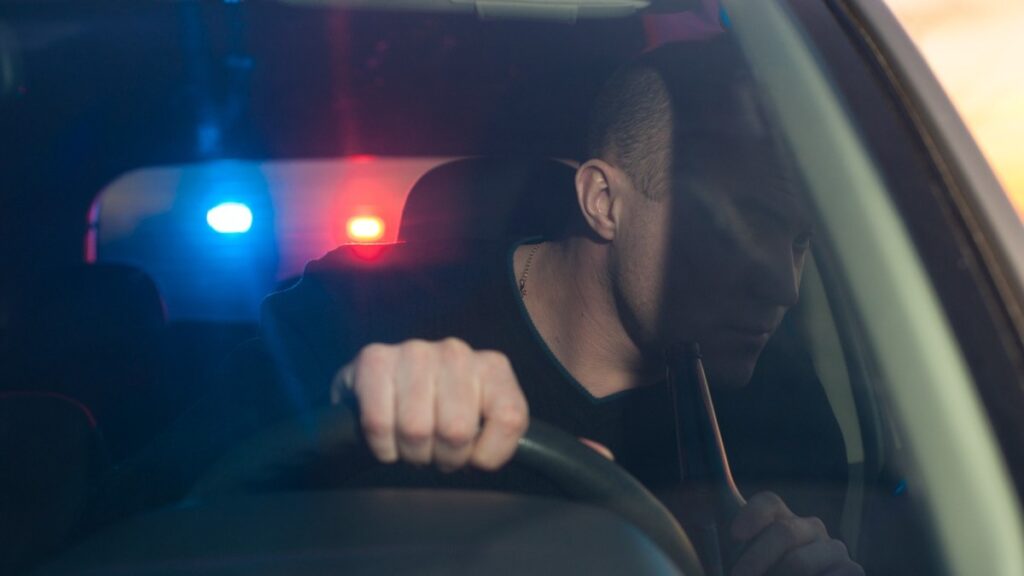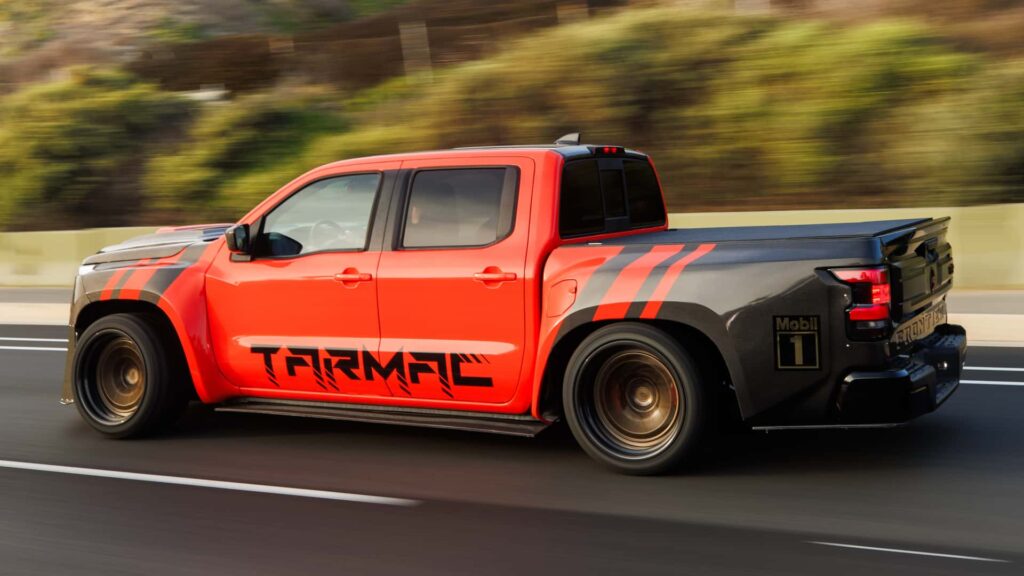
Imagine this scenario: You’re driving along, minding your business, when blue police lights flash in your rearview mirror. Your stomach drops. What now? Attorney Barry D. Kowitt, who’s spent 17 years advising clients about traffic stops, offers simple tips to make the dreaded process smoother—and maybe even avoid a ticket altogether.
Stay calm and pull over safely
Kowitt starts with the basics of a smooth traffic stop: “When you see the blue lights in your rearview mirror—which is the worst feeling in the world—we know that—you have to look around, find a safe place to pull over.”
It’s not just about you. Officers need to feel safe too. So don’t slam on the brakes in the middle of traffic. Find a spot with plenty of room.
Once you’re stopped, don’t make any sudden moves. Kowitt warns, “Remain calm, remain in your seat, keep your seat belt buckled.”
Running out of the car to explain yourself? Bad idea. “You don’t want to unbuckle the seat belt, run out of your car, start explaining to the guy what you were doing or trying to do—that’s not the time. Trust me.”
Keep your hands visible and follow instructions
Roll your window down and wait. Kowitt explains, “Stay in your car, keep the seat belt on, roll your window down, wait for the officer to come to the car, and have your hands on the steering wheel where the officer can see them.”
He emphasizes that officers are trained to expect danger. “Especially at night, you have to understand these officers have no idea what they’re about to come across, and they have to expect the worst.”
When asked for documents, always announce your actions before reaching for anything. “If the officer asks you for your registration, your license, your insurance—always ask before you move your hands.”
Avoid sudden gestures. Kowitt advises, “Nothing herky-jerky—you’re reaching your wallet, your wherever you keep your registration and insurance.”
Be polite—but honest–for a smooth traffic stop
It’s okay to ask questions, such as the reason for the traffic stop. Kowitt says, “Be polite. You can certainly ask questions—‘Why did you pull me over?’ That’s fine, but the reality is they’re probably going to tell you.”
Arguing rarely helps keep a traffic stop smooth. Instead, Kowitt suggests honesty: “One of the best ways to, at that moment, have the ticket not get written is to be honest.”
He continues, “They are so used to people starting up immediately with ‘I didn’t do anything!’ and ‘How dare you pull me over!’ that the brutal honesty of ‘You know what, I was speeding and I apologize’—many times, those are the people they’re willing to let go.”
Don’t stand out—in a bad way
Kowitt’s biggest tip for a smooth traffic stop? Don’t give officers a reason to remember you. “Try not to be memorable to the officer. You don’t want the officer to remember you in any sort of a negative way…nothing good can come of it.”
Why? If your case ends up in court, a bad first impression could backfire. You’d rather be the traffic stop that went so smoothly, the officer barely remembers it.
A smooth traffic stop is a forgettable one
Traffic stops are stressful, but simple habits—staying calm, keeping your hands visible, and following instructions—can make them less so.
Kowitt’s bottom line? “If you get pulled over, remain calm, pull over to a safe location, roll the window down, keep your hands at the 10:00 and 2:00 positions.”
And remember—if you end up with a ticket, a polite attitude might just help you avoid the judge’s bench altogether.
You can hear the rest of Kowitt’s advice for yourself in the video below:


